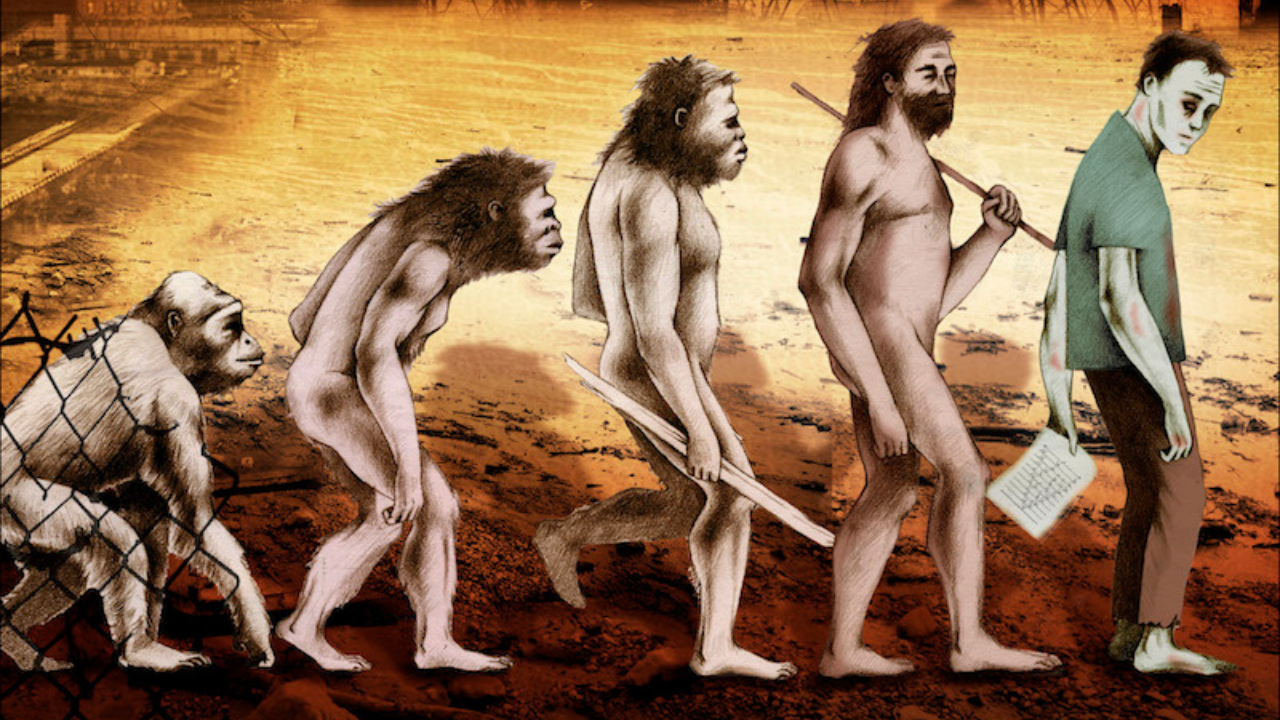


Jonathan Wells Puts Natural Selection In Its Place

Casey Luskin On Junk DNA’s ‘Kuhnian Paradigm Shift’

Ann Gauger: A Scientist’s Journey into the Intelligent Design Movement
On today’s ID the Future, biologist and intelligent design researcher Ann Gauger tells host Eric Anderson the rest of her story about how she was drawn into the intelligent design movement. The two discuss everything from the challenges she faced making it in a male-dominated field to the evidential power of beauty in the natural world. But how did she end up in the ID movement? After stepping out of a promising career as a research scientist to focus on her family and meeting the needs of an autistic child, she assumed that her life as a scientist was behind her. But then several years later she began reading the work of Darwin skeptics and intelligent design trailblazers—Phillip Johnson, Jonathan Read More ›

A New Flaw in the Miller-Urey Experiment, and a Few Old
On today’s ID the Future, biologist Jonathan Wells and host Eric Anderson discuss a recently discovered problem with the famous Miller-Urey experiment, long ballyhooed in biology textbooks as dramatic experimental evidence for the naturalistic origin of life. The newly uncovered problem involves the glassware used in the experiment. It is an interesting finding, but as Wells explains, it is far from the first problem discovered with the experiment, nor the most serious one. While biology textbooks often present the 1952 experiment by Stanley Miller and Harold Urey as a key icon of evolution, even those origin-of-life researchers who hope to one day to discover a credible naturalistic scenario for the origin of the first living cell concede that the experiment Read More ›

Is Darwinism a Theory in Crisis?
Today’s ID the Future spotlights The Comprehensive Guide to Science and Faith, and specifically, an essay in the new anthology by biologist Jonathan Wells, “Is Darwinism a Theory in Crisis?” As Wells and host Casey Luskin note, the essay title alludes to philosopher of science Thomas Kuhn’s influential 1962 book The Structure of Scientific Revolutions. Kuhn argued there that if one studies the history of scientific revolutions, one finds that when the scientific evidence has begun to turn against a dominant scientific paradigm—when its days are numbered— its adherents do not simply concede defeat. Instead they use all their institutional power to suppress dissent and punish proponents of any competing paradigm. This is the period of crisis, which can last Read More ›

Jonathan Wells and The Comprehensive Guide to Science and Faith, Pt. 1
Today’s ID the Future spotlights a new book, The Comprehensive Guide to Science and Faith: Exploring the Ultimate Questions about Life and the Cosmos, and specifically a chapter by biologist Jonathan Wells titled “What are the Top Scientific Problems with Evolution?” Wells is the guest, and the host is geologist and Center for Science and Culture associate director Casey Luskin, who co-edited the anthology from Harvest House Publishers. In this episode the first problem that Wells highlights concerns homology and convergence. A second problem involves fossils. Darwin anticipated “innumerable transitions” in the fossil record, but such a rainbow of transitional forms has never been found. Not even close. Another problem, molecular phylogenies. Another: the lack of observational evidence that natural Read More ›

Biologist Jonathan Wells Offers a Cure for Zombie Science
On this ID the Future, Zombie Science author and biologist Jonathan Wells and host Andrew McDiarmid explore the seductive but misleading appeal to consensus science. This is when someone makes a bandwagon appeal to support a scientific hypothesis rather than offering evidence and arguments—as in, “All serious scientists agree that X is the case.” Wells says history makes hash of the consensus-science appeal because the history of scientific progress is all about a consensus view being overthrown by a newer, more accurate view that for a time was a minority view. Wells also draws a distinction between evidence-based empirical science and ideologically driven science. The example he gives for the latter: scientific materialism. Instead of a search for truth about Read More ›

Jonathan Wells Dives into “the Genome’s Uncharted Territories”
On this ID the Future, Icons of Evolution author Jonathan Wells sat down with host and fellow biologist Ray Bohlin at the August 2021 Insiders’ Briefing near Seattle to discuss some fresh discoveries into the workings of the human genome detailed in a recent article in the journal Axios, “Diving into the Genome’s Uncharted Territories.” As the article details, researchers continue to discover important functions in the noncoding regions of the human genome, once regarded by evolutionists as junk DNA. Wells and Bohlin explore the exciting new findings and some of their implications for modern evolutionary theory and intelligent design.